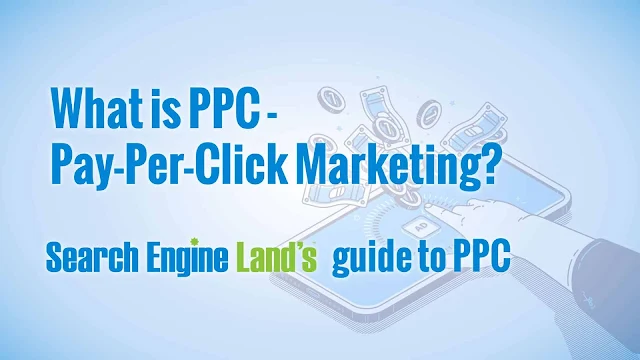PPC (Pay-Per-Click) advertising
PPC (Pay-Per-Click) advertising
PPC (Pay-Per-Click) advertising is a fundamental component of digital marketing. It's a model where advertisers pay a fee each time one of their ads is clicked. PPC campaigns can be highly effective for businesses looking to promote their products or services online, generate leads, and increase website traffic. Here are some key points about PPC in digital marketing:
1. Keyword Research: PPC campaigns are centered around keywords. Advertisers bid on specific keywords or search terms that are relevant to their business. When users search for those keywords, the ads appear.
2. Ad Platforms: Google Ads and Bing Ads are the most popular PPC platforms. Social media platforms like Facebook, Instagram, and LinkedIn also offer PPC advertising.
3. Ad Types: PPC ads can take various forms, including text ads, display ads, video ads, and shopping ads. The format depends on the platform and the campaign goals.
4. Ad Auctions: Advertisers compete in auctions for ad placement. The auction considers factors like bid amount, ad quality, and ad relevance to determine ad rank.
5. Ad Budget: Advertisers set a daily or monthly budget to control their ad spend. Once the budget is exhausted, the ads stop appearing for the rest of that period.
6. Ad Targeting: PPC allows precise audience targeting. You can choose who sees your ads based on factors like location, demographics, interests, and behavior.
7. Quality Score: Platforms assign a Quality Score to ads based on factors like click-through rate (CTR), ad relevance, and landing page quality. A higher Quality Score can lead to better ad placement.
8. Ad Campaign Goals: PPC can be used for various goals, including driving traffic, lead generation, sales, app downloads, and more. Different campaign types and ad formats are suited for different goals.
9. Measurable Results: PPC provides detailed analytics and performance metrics. Advertisers can track clicks, impressions, conversions, and return on investment (ROI).
10. A/B Testing: Advertisers can run A/B tests to compare different ad variations and landing pages to determine which ones perform best.
11. Remarketing: PPC allows for remarketing to people who have interacted with your website or ads. It's a powerful way to re-engage potential customers.
12. Campaign Optimization: Successful PPC campaigns require ongoing optimization. Advertisers continuously refine keywords, ad copy, and targeting to improve results.
13. Cost Control: With PPC, you have control over your costs. You only pay when someone clicks on your ad, and you can set maximum bid amounts.
14. Competitive Advantage: PPC can provide a competitive advantage, especially when targeting niche keywords or in industries with strong competition.
15. Local Advertising: For businesses targeting a local audience, PPC can be highly effective in reaching potential customers in specific geographic areas.
Overall, PPC is a versatile and powerful tool in the digital marketing arsenal. When used effectively, it can drive targeted traffic, generate leads, and deliver a strong return on investment. However, it requires careful planning, management, and ongoing optimization to achieve the best results.



.png)


Comments
Post a Comment